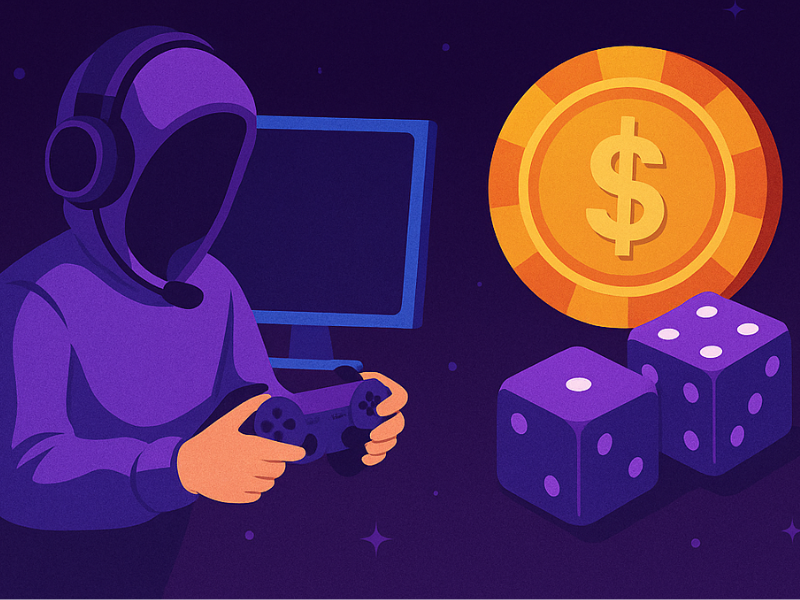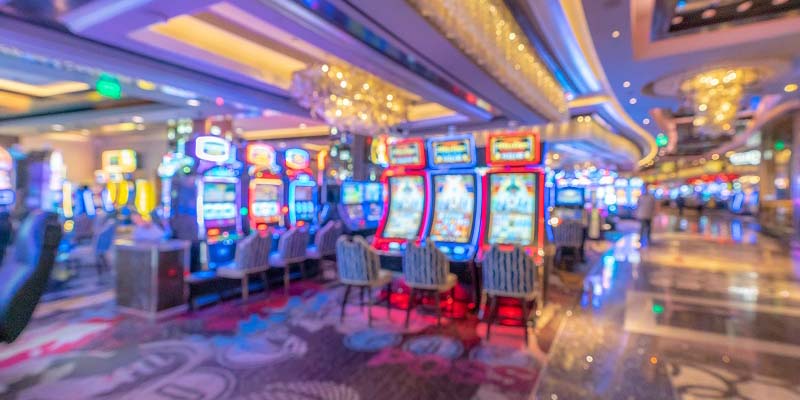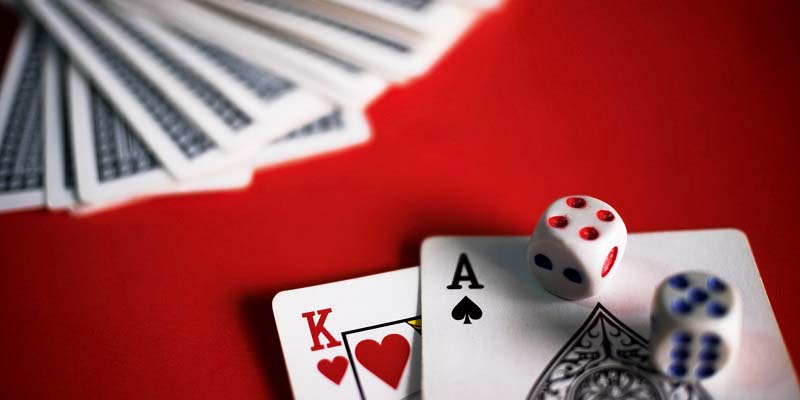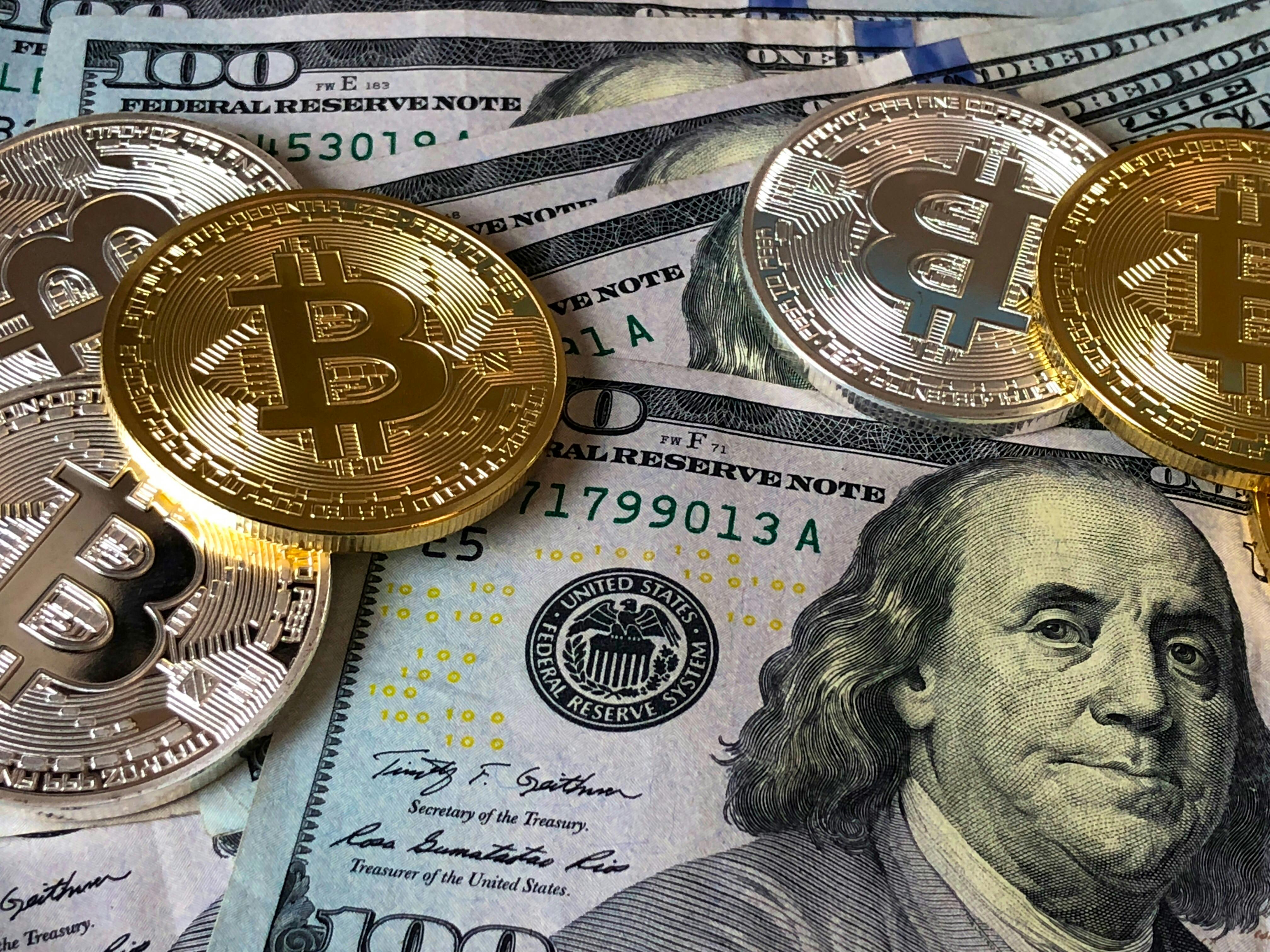A broader view on responsible gaming: How non-CRUKS casinos are adapting to Dutch players
The Dutch online gambling market has grown rapidly since the 2021 Remote Gambling Act, which requires platforms to hold a Dutch licence, integrate with CRUKS and provide tools like deposit limits. In the first half of 2025, regulated online operators posted €600 million in gross gaming revenue, down 16% from 2024. While CRUKS blocks self-excluded accounts for six months, its limitations have also fueled interest in alternatives outside the Dutch-licensed sphere.
Despite these measures, government reviews show the system has yet to create a fully responsible and transparent gambling environment. When you play on a licensed Dutch platform, your account is checked against CRUKS, and self-exclusion triggers a mandatory six-month block. The system seeks to balance entertainment with protection, yet it has also encouraged a growing interest in alternatives beyond the Dutch-licensed sphere.

Why some players and operators look beyond CRUKS
A growing segment of players in the Netherlands is exploring internationally licensed platforms that are not connected to CRUKS. These non-CRUKS casinos operate legally in their respective jurisdictions but outside the Dutch regulatory perimeter. For many, the attraction lies in flexibility: broader game selections, larger bonuses and fewer restrictions on playing frequency or spending patterns. From the operator’s perspective, serving Dutch users without formal CRUKS integration offers a way to stay competitive globally. Yet, this freedom comes with responsibility.
Without the automatic self-exclusion check that CRUKS provides, you must rely more heavily on your own discipline and the casino’s internal safeguards. Some of these platforms have taken steps to provide stronger tools voluntarily, while others operate under minimal oversight. If you visit zonder-cruks.com, for instance, you’ll find a curated list of internationally licensed casinos without CRUKS access, where you’re guaranteed to find a safe and internationally licensed online casino without cruks 2025 that suits you. The existence of these options highlights the diversity of player preferences, as well as the importance of personal responsibility when regulatory protections differ.
How non-CRUKS operators are adjusting responsible gaming measures
Outside the Dutch licensing framework, international casinos are increasingly introducing features designed to mirror responsible gaming standards seen in Europe. Many have implemented tools that allow you to set deposit and loss limits, define playing sessions and activate reality-check notifications. Some platforms also provide voluntary self-exclusion portals that function independently of CRUKS, offering temporary or permanent account suspensions. This trend reflects a broader awareness among operators that player safety is central to sustainable success.
Yet the quality and consistency of these measures vary widely; Dutch-licensed operators are required to integrate CRUKS and display reminder pop-ups every 30 minutes, a rule enforced since late 2024. Non-CRUKS platforms, while not bound by these mandates, are learning to adapt. When you explore such a site, it’s worth confirming that key features are visible and easily accessible: clear game odds, deposit and withdrawal transparency, multilingual customer support and accessible help links to independent counseling services. The presence of these elements signals that the casino takes player protection seriously, even in the absence of national regulation.
Balancing risks and freedom in your gaming choices
Every online casino experience involves a balance between risk and enjoyment. When you engage with a CRUKS-connected operator, your safety net is built into the system: you’re automatically protected if you self-exclude and the casino must monitor unusual betting activity. When you play with a non-CRUKS casino, that responsibility shifts more heavily toward you. Setting your own budget before starting, taking planned breaks and knowing when to stop are crucial habits to maintain.
The Dutch government’s recent review of operator duty-of-care standards underscores how vital personal awareness is in any gaming setting. In non-CRUKS settings, the range of bonuses, tournaments and high-stake options can be wider, but they can also make it easier to lose track of spending. Using the tools available (like deposit caps and time limits) helps you maintain control without losing the sense of entertainment that drew you to the games in the first place. If you’ve already self-excluded in the Netherlands, be aware that non-CRUKS casinos will not automatically recognize your exclusion status. In that case, extra self-control and personal tracking tools are key to responsible play.
Looking ahead: trends shaping 2025 and beyond
The Netherlands continues to tighten its rules for player protection. New restrictions introduced in late 2024 established monthly spending limits of €700 for adults and €300 for players aged 18 to 24. These measures aim to reinforce responsible gambling and prevent risky behavior before it escalates. This developing domain is prompting offshore and non-CRUKS operators to enhance their safeguards, even when they are not legally bound by Dutch regulations.
Many have started integrating artificial detection systems to identify problem-gambling patterns, improving verification and fund-protection measures. The international market is shifting toward uniform safety standards and this benefits you as a player. A well-run non-CRUKS casino now often includes modern verification systems, fast withdrawals and transparent user agreements that align with global regulatory expectations. The challenge moving forward will be to preserve choice and competition while maintaining robust protective mechanisms for players across borders.
Key Takeaways
In 2025, the debate between regulation and freedom will continue to shape the Dutch gambling terrain. As a player, you stand at the center of that balance: understanding how CRUKS functions, recognizing the differences in international regulation and actively applying self-management strategies will define the quality of your gaming experience. If you prefer the security of Dutch-licensed platforms or the variety of international ones, your decisions (and how consciously you make them) remain the most powerful safeguard of all. Ergo, responsible gaming is ultimately a personal practice that grows in importance as the global market expands.




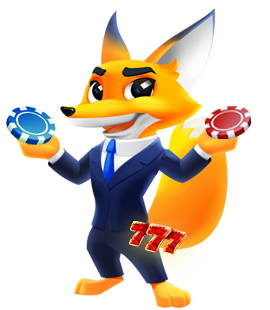


.png)

